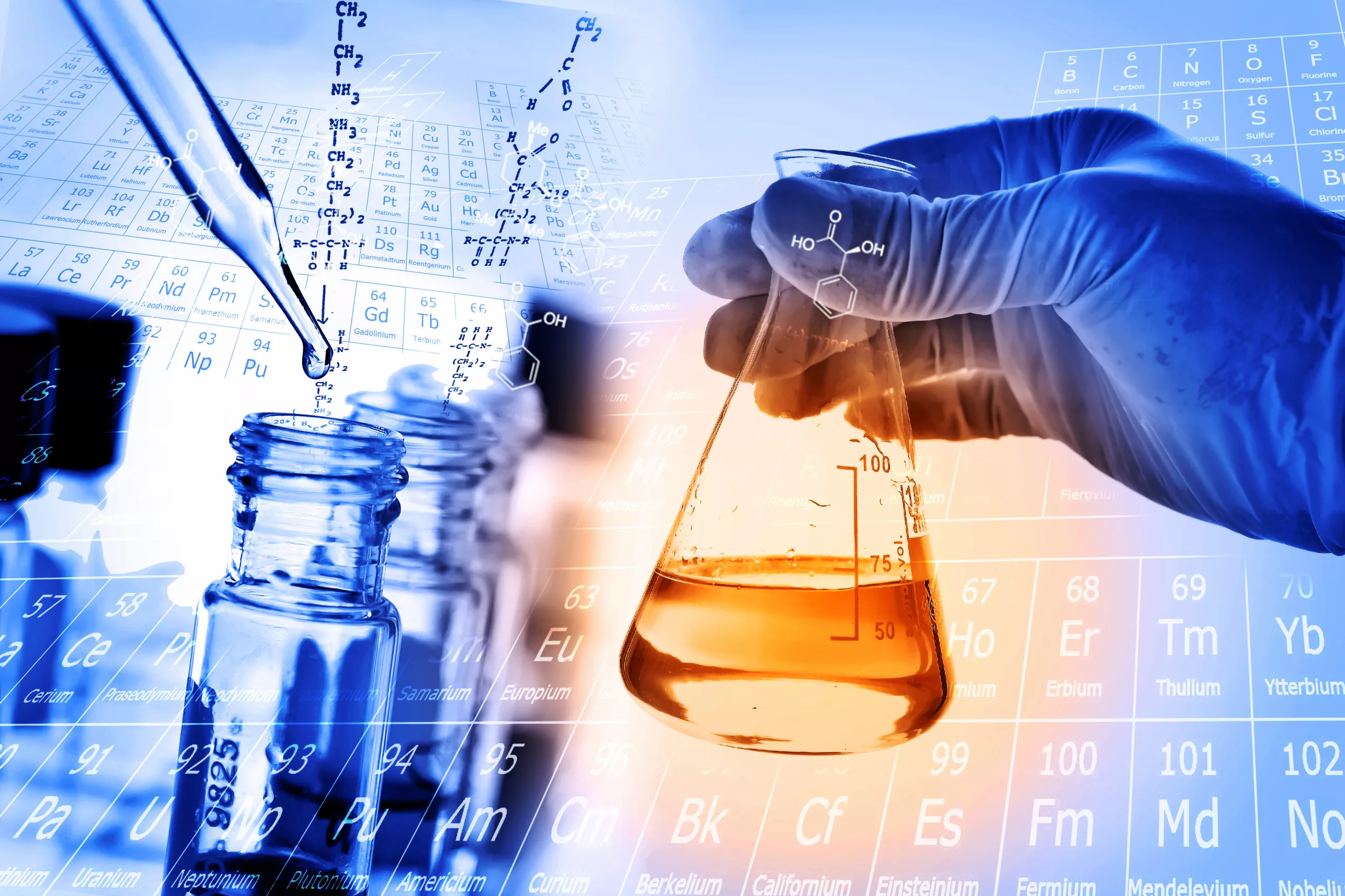Ensuring the safety and efficacy of pharmaceutical products is critical to public health. This responsibility falls not only on drug manufacturers and healthcare providers but also on regulatory agencies and pharmacovigilance systems. Pharmacovigilance, often dubbed as the “science of drug safety,” plays a pivotal role in monitoring drug products once they are on the market.
Pharmacovigilance, derived from the Greek words “pharmakon” (drug) and “vigilare” (to keep watch), can be defined as the science and activities related to the detection, assessment, understanding, and prevention of adverse effects or any other drug-related problems. Its primary objective is to ensure the safe and rational use of medications throughout their lifecycle.
Pharmacovigilance relies on the systematic collection of data related to adverse drug reactions (ADRs) from various sources, including healthcare professionals, patients, literature, and clinical trials. Once collected, the data undergo rigorous analysis to identify potential safety signals or patterns of adverse reactions associated with specific drugs.
Pharmacovigilance experts evaluate the data to detect potential safety signals, which are then further investigated to determine the causal relationship between the drug and the adverse event. The identified signals are assessed to determine the likelihood and severity of the adverse event being caused by the drug in question. This involves considering factors such as temporal relationship, dose-response relationship, and alternative explanations.
Based on the assessment, appropriate risk management strategies may be implemented to mitigate the identified risks associated with the drug, including labeling changes, restricted use, or even withdrawal from the market if necessary.
Pharmacovigilance findings are communicated to healthcare professionals, regulatory authorities, and the public through various channels to ensure informed decision-making and continuous feedback.
Regulatory agencies, such as the FDA and the European Medicines Agency (EMA), play a central role in pharmacovigilance. They oversee the safety of medications from pre-market approval through post-marketing surveillance, enforcing regulations to ensure that drug manufacturers adhere to rigorous safety standards.
One of the significant challenges in pharmacovigilance is underreporting of adverse drug reactions, which can hinder the timely detection of safety signals. Efforts to improve reporting systems and increase awareness among healthcare professionals and patients are ongoing.
Advances in technology, including big data analytics and artificial intelligence (AI), hold promise for enhancing pharmacovigilance by enabling faster signal detection, more comprehensive data analysis, and predictive modeling of drug safety.
Pharmacovigilance serves as a crucial safeguard in the field of healthcare, ensuring that medications are used safely and effectively to improve patient outcomes. By continuously monitoring and evaluating the safety of drugs throughout their lifecycle, pharmacovigilance systems contribute to the advancement of public health and the promotion of patient safety worldwide. As you turn your attention to new pipelines and projects, EMMA International will monitor the safety of your existing product. Our scientific experts oversee post-market surveillance and vigilance reporting. Call us at 248-987-4497 or email info@emmainternational.com to learn more!
FDA (March 2019) An overview of Pharmacovigilance retrieved from: https://www.fda.gov/media/122835/download





